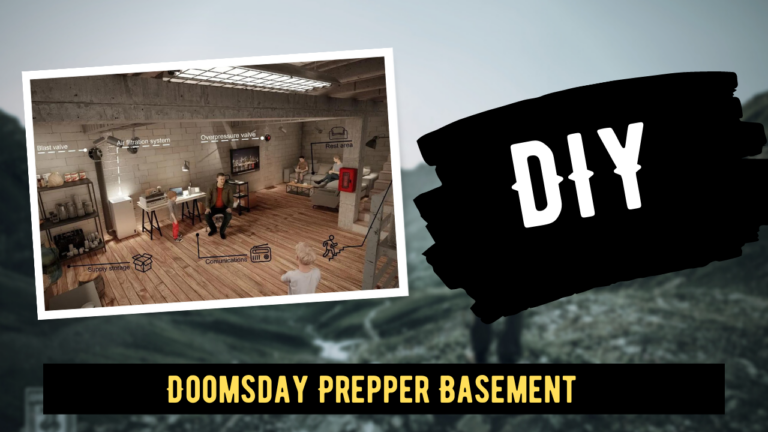Are you looking for ways to make your prepper basement doomsday proof? Whether you’re a novice or an experienced prepper, this blog post has the tips and tricks you need to turn your basement into a safe place for storing food, water, and other essential supplies. Read on to learn more about creating the perfect prepper basement!
Assess Your Basement for Prepping

Prepping is a great way to be prepared for any potential disaster. An essential part of prepping is assessing your basement for what you can use to help in an emergency situation.
Your basement can be used for storing emergency supplies, creating an in-ground shelter, or setting up a “war room” with a generator.
It is important to determine how much available storage space you have for prepping supplies so that you can make the most out of your space.
Consider the size of your basement and the items that you want to store in it before deciding on which prepping supplies to purchase.
Additionally, researching shelters and waterproofing options could be helpful in protecting your supplies from potential floods or other disasters.
Once you have all of these factors taken into account, you will be better prepared and ready to tackle any challenge that comes your way.
Designate Areas for Different Purposes
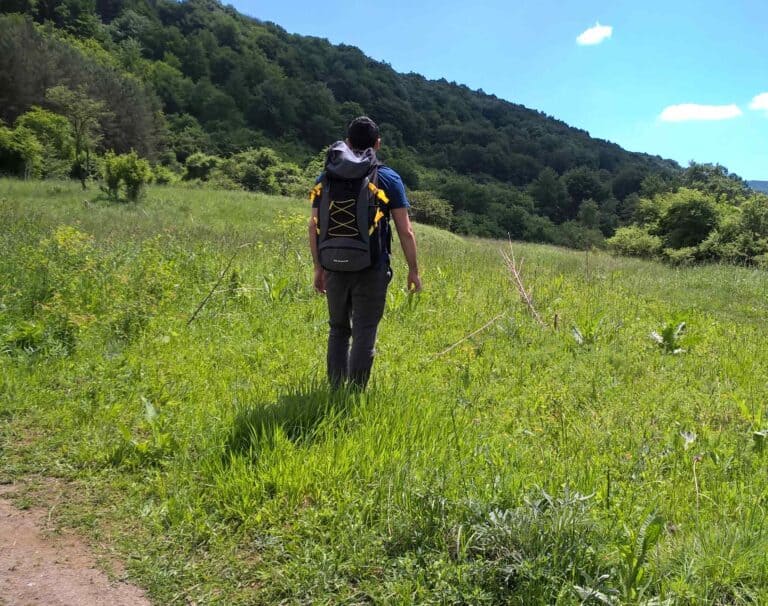
Designate Areas are used to set aside certain areas for a variety of purposes. In Boulder County, designated areas are used for employment, general economic development, and other activities.
For example, in designated General Economic Development Areas, proposals for Class 4, 5 and 6 developments will be supported.
Other uses can include areas for research and scientific purposes as well as care of animals in Designated Breeding and Supplying Areas. Designated Areas can also be used to build accessory buildings and other structures such as prepper basements.
By designating certain areas for different purposes it helps ensure that the area is properly managed and maintained to meet the needs of the community.
Get a Generator Backup System
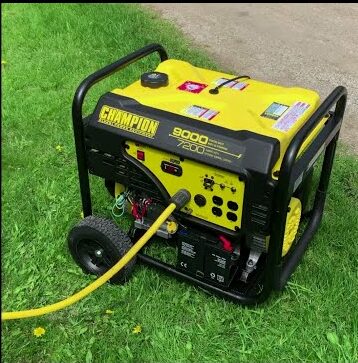
Generators are an essential part of any prepper basement. Having a generator backup system in place ensures that you can have uninterrupted power in the event of a blackout, disaster or emergency.
Generac home backup generators start at $1,949 and vary in price depending on size and installation considerations.
A 10-15kw generator is the most common size used for homes and will provide enough power to run most appliances, such as refrigerators, lights and air conditioning units. Additionally, many Americans are converting their portable gasoline generators into emergency backup power systems.
When considering a generator backup system it is important to weigh the pros and cons of two types of emergency power generation: uninterrupted power or whole-home generators and inverters.
Uninterrupted power requires that the generator be running constantly during a blackout so that there is no gap between when the current stops working and when the generator starts generating electricity; however, this type of system may cost more upfront due to additional components needed for installation.
On the other hand, whole-home generators produce power only when needed; however, they may not provide enough juice for larger appliances such as air conditioners or electric homecare beds.
At the end of day it comes down to your personal needs and budget when deciding which type of generator backup system to get for your prepper basement.
If you have questions about backup power systems or need help deciding which one is right for you then contact an experienced electrician to discuss your options further.
Add Shelves and Storage
Adding shelves and storage to a prepper basement is an important step towards creating a functional, organized space.
Whether you opt for heavy-duty shelves that can hold books and other items, or hang shelves to maximize your wall space, you’ll have plenty of options when it comes to storing all your supplies.
To make the most of tight spaces, consider adding a cargo slide or hidden storage in low-lying areas like under the bed. For larger items like buckets and bins, consider putting Lazy Susans in the corners of your pantry.
Lastly, consider buying a bar cart with 78 gallons of storage space that can easily be moved around the basement and adjusted for low ceilings.
With shelves and storage solutions like these, you’ll be sure to turn your prepper basement into an efficient space!
Keep Supplies Easily Accessible
It is important to keep your emergency supplies easily accessible in case of an unexpected event. Store the supplies in a secure place such as a closet, storage room or basement.
Make sure that all family members are able to access them quickly in case of an emergency. Have a plan in place for everyone to know what to do and where the supplies are located.
Also Read: Prepper List 2022: Everything You Need To Survive
Consider purchasing Grab & Go kits that can be stored in your basement and make sure they are ready to go at all times.
Additionally, have a supply of batteries, candles, hand sanitizer and other items that may be needed during an emergency.
Place labels or stickers around your home indicating where these items are located so everyone can find them quickly.
Monitor the person’s condition for life-threatening issues while waiting for assistance and help them rest in the safest available location until help arrives.
Invest in Lighting Solutions
Investing in lighting solutions for your basement is a great way to ensure it looks its best and is properly lit. When considering lighting options, there are three key factors to consider: brightness, eco-friendliness, and lamp characteristics.
Brightness refers to the amount of light filling the space and is essential for making sure your basement looks its best.
Eco-friendliness refers to using energy efficient designs that help reduce your carbon footprint while also saving you money on energy bills. Lastly, lamp characteristics refer to the type of lamps and ballasts you use in order to achieve the right brightness level.
On average, it will cost around $40,000 to get your basement prepped with quality lighting solutions.
It’s important to do research before investing so as not to waste any money on outdated fixtures or poorly designed lighting plans that won’t look good or be energy efficient.
Additionally, when investing in lighting solutions, you should look into current trends such as LED lights that are more energy efficient and last longer than traditional bulbs.
When investing in lighting solutions for your basement, it’s important to keep the financial crisis in mind as well.
There are many investments available that offer high returns on investment such as Kitefin li-fi systems which harnesses light spectrum instead of radio waves for maximum efficiency.
Additionally, venture capitalists often invest long-term before an IPO takes place which offers higher returns than shorter term investments do.
Install Reinforced Walls and Doors
Reinforced walls and doors are essential for any prepper basement. Installing reinforced masonry or concrete walls is the best way to ensure your basement can withstand high winds, extreme temperatures, and other natural disasters.
Additionally, installing hurricane straps and flexible or stiff diaphragms can help strengthen the walls even further. You may also want to install metal frames around your doorways for extra security.
To help protect against fire, you can install fire-proof doors that are designed to resist perforation by windborne debris.
If you do not have a basement, an in-ground safe room can be installed beneath your home to provide additional protection during disasters.
Finally, installing extra wooden sheeting along the home’s cripple walls is a good way to reinforce the first floor and protect it from collapse during extreme weather events.
Set Up a Clean Water Supply
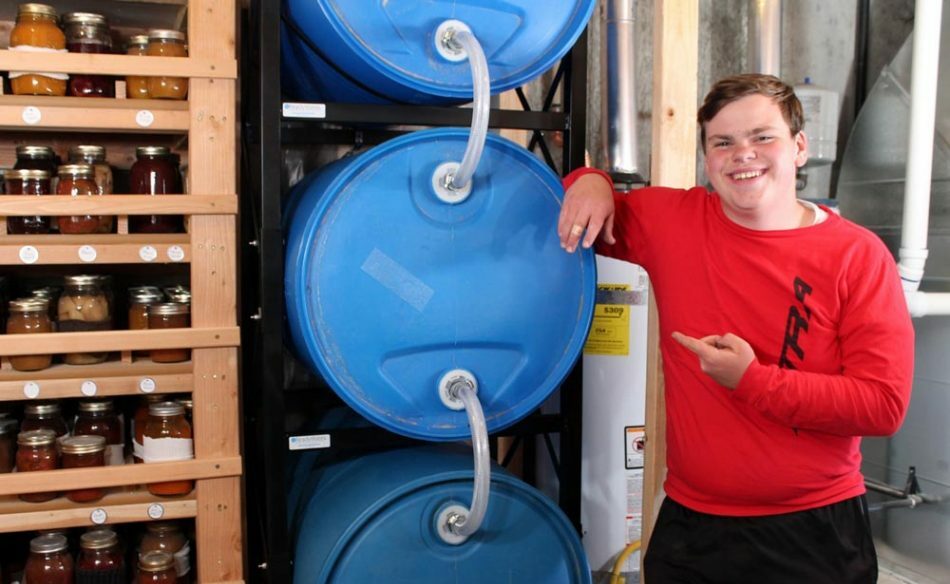
Setting up a clean water supply in your prepper basement is an essential part of preparing for any disaster. In order to make sure you have access to clean drinking water, it’s important to diversify your containers and determine your water source.
Water barrels are great for long-term storage solutions, and you can label them 1-12 so that you can empty and refill a different container each month. Water filters are also a great way to keep a reliable source of clean water on hand.
Additionally, if you want to store more water without taking up too much space, look into Water Bricks or Legacy Water Boxes. These can fit in closets or under beds so that you can store extra supplies without cluttering the basement.
Finally, make sure you have an Emergency Supply Kit that includes the necessary products from the basement such as bottled water and fire starters in an easy-to-carry container in case of evacuation. By following these steps, you can ensure that your prepper basement is well equipped with a safe and reliable supply of clean drinking water.
Prepare an Emergency Toilet Area
Preparing an Emergency Toilet Area in your basement is an important part of prepping for any natural disaster or emergency situation. A toilet area in the basement can provide a safe and sanitary place to go when the plumbing systems are offline and you have nowhere else to go. Here are some tips on how to prepare an emergency toilet area in your basement:
1. Choose a location for the toilet area that is away from any sources of water, such as sump pumps or water heaters.
2. Make sure there is adequate ventilation in the room, as well as a fan or air freshener to help circulate air and remove odors.
3. Equip the room with all necessary supplies including a bucket, garbage bags, paper towels, hand sanitizer, toilet paper, and other items like soap and shampoo.
4. Line the bottom of the bucket with a heavy-duty garbage bag before adding water, waste, or anything else that may need to be disposed of.
5. Place buckets filled with sand nearby to use for disposal of solid waste.
6. Cover buckets with lids when not in use to prevent contamination from insects or rodents.
7. Place signs outside of the door warning others not to enter without permission due to sanitation reasons and potential health hazards from exposure to pathogens present in human waste products like urine and feces.
Consider a Ventilation System
A proper ventilation system is an important part of any prepper basement. Without proper air flow, your basement’s heating and cooling systems would be ineffective.
One way to repurpose your current basement into a nuclear survival shelter is to install an NBC (Nuclear, Biological, and Chemical) ventilation system.
This system includes fans that can help circulate air throughout the house and keep indoor air pollution levels low. It can also help manage the temperature in a two-story house.
When considering what to use for a ventilation system prep, consider staples like water cisterns or ethylene gas, which offer limited menus with commercially packed air-dried or canned items that are easy to store.
It’s also important to check your attic and basement thoroughly for air leaks when searching for air conditioning solutions. And remember, your heating and cooling system is the biggest energy hog in your home so it’s important to ensure it is working properly before investing in a new one.
With proper planning, you can create a safe and comfortable environment inside your prepper basement with the right ventilation system in place.
Install an Alarm/Security System
Installing an alarm/security system in your basement is an important part of any prepping plan. It will provide you with the peace of mind that your family and possessions are secure, even when you’re away.
There are a number of options available to you when it comes to installing a security system in your basement.
First, consider what type of system you need. You can choose from wired or wireless systems, as well as CCTV cameras and motion sensors. Each option has its own benefits and drawbacks, so do your research and decide which is right for your needs.
Once you’ve chosen the type of system you want to install, it’s time to get started. Start by measuring the space where the system will go; this will help ensure that everything fits correctly once installed. Next, run wiring through the walls or ceiling if necessary.
Make sure that all wiring is properly secured and sealed against water damage or other environmental factors. Finally, connect all components of the alarm/security system together according to manufacturer instructions and test it out before leaving it unattended for long periods of time.
By taking the time to properly install an alarm/security system in your prepper basement, you’ll be able to rest assured knowing that your family and possessions are safe even in times of crisis.
Prepare for Extreme Weather Conditions
Preparing for Extreme Weather Conditions is essential to staying safe and minimizing impacts. There are many things you can do to protect yourself and your family from extreme weather conditions, including tornadoes, floods, thunderstorms, and wildfires.
To be ready for any potential adverse weather event, start by checking the forecast regularly to get an up-to-date outlook on the situation. If you are in an area prone to severe storms or flooding, make sure your drains, gutters and downspouts are clear of debris.
Have protective materials such as plastic sheeting and sandbags on hand in case of a flood. It is important to create a document file with photographs or scans of important documents that may be needed for insurance later on.
When there is a severe weather warning issued in Wellington County, know what type of storm is coming and the necessary steps for preparation and safety.
Make sure not to touch any electrical equipment if you are wet or standing in water during a storm. Visit the National Weather Service website (www.weather.gov) for more information on preparing for extreme weather events.
In addition to taking precautionary measures outside your home, it is also important to prepare your prepper basement beforehand by stocking it with supplies like food and water that can last several days or weeks if needed.
Make sure all items in the basement are secure and away from any potential flooding sources such as sump pumps or broken pipes so they remain safe during the storm.
Stock Up on Nonperishable Foods and Medicines

Having a prepper basement stocked with nonperishable foods and medicines is essential for any family who wants to be prepared for any emergency.
It’s important to stock up on nutritious, non-perishable foods that will last a long time in case of a power outage or other disaster.
These pantries should include at least a three-day supply of food, such as canned meats, grains, and beans; bottled water; MREs (meals ready-to-eat); and other high calorie items. In addition to food, it’s important to also have medical supplies on hand such as antibiotics, pain relievers, antihistamines, first-aid kits, and sterilized medicine droppers.
Having these essentials stocked up in the prepper basement will ensure that your family has enough resources to get through any emergency situation.
Establish Communications Systems
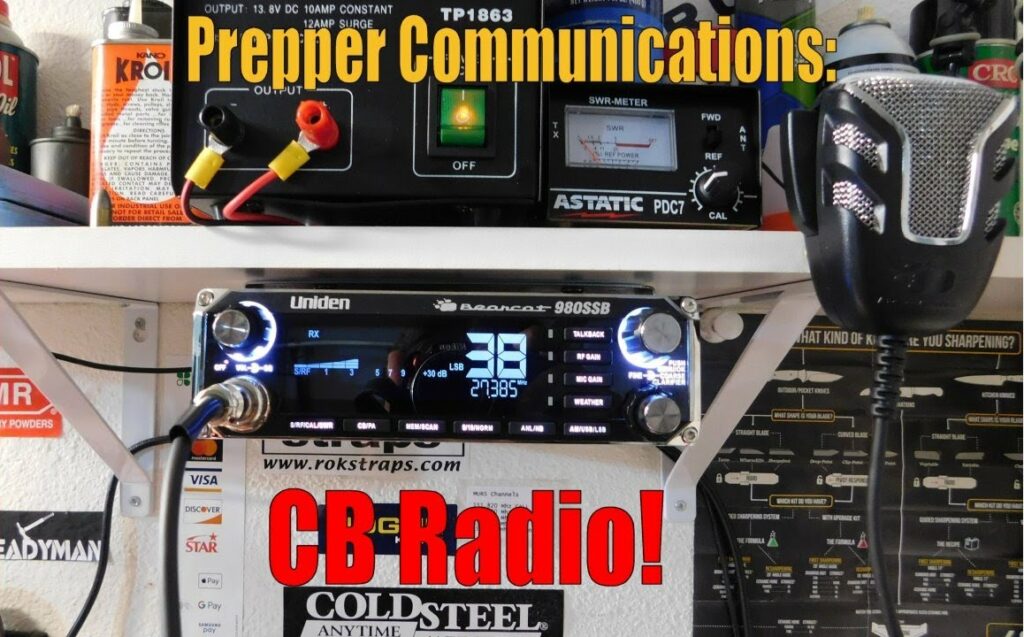
Establishing a Communications System is an important step in preparing for emergencies and disasters. It involves putting together the necessary hardware components, such as routers and switches, as well as human elements like software and communications personnel.
The Department of Homeland Security’s National Communications System (NCS) provides a strategic framework for protecting the nation’s security and emergency preparedness communications functions for non-military related systems.
Additionally, modern cross-platform applications can be created using C++ principles to ensure that communications systems remain up-to-date. Establishing a Communications System is essential for maintaining the safety of citizens in an emergency situation.
Conclusion
Preppers are known for their preparedness, and having a basement is a great asset for them. A prepper basement provides extra storage space for food, tools, and other supplies that may be needed in case of an emergency.
It also can serve as a shelter from extreme weather conditions and provide protection from intruders.
Building a prepper basement requires careful planning to ensure proper temperature control and adequate ventilation.
Also Read: Should I be Prepping
Additionally, it’s important to consider the security of the area and any safety features that should be included.
The ultimate goal is to create an area that is well-stocked with essential supplies, comfortable to live in, and able to withstand any potential threats.
With the right preparation, your prepper basement can become a secure haven in times of crisis.
